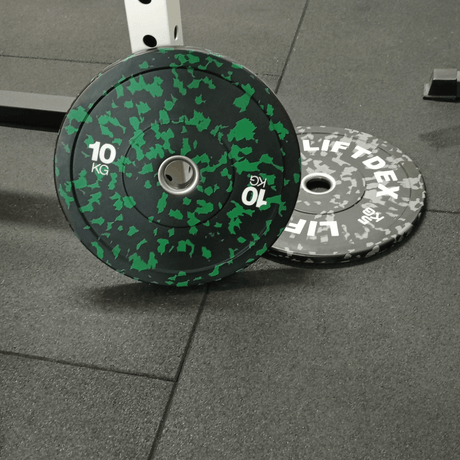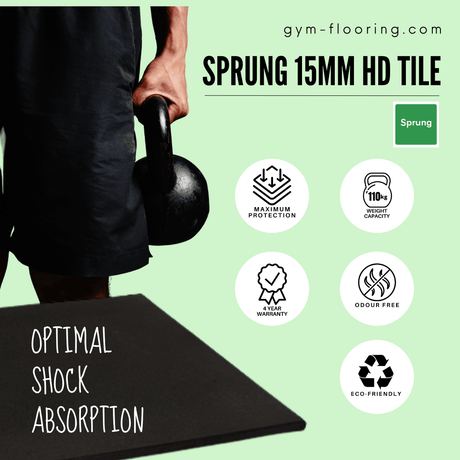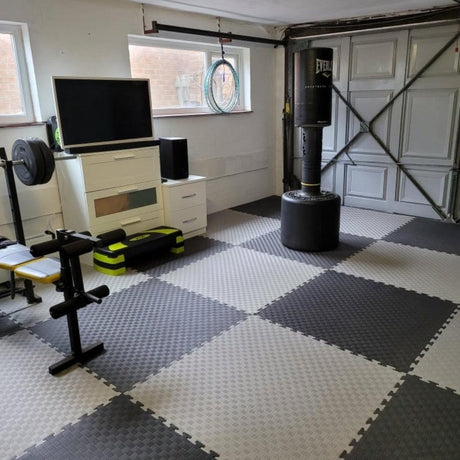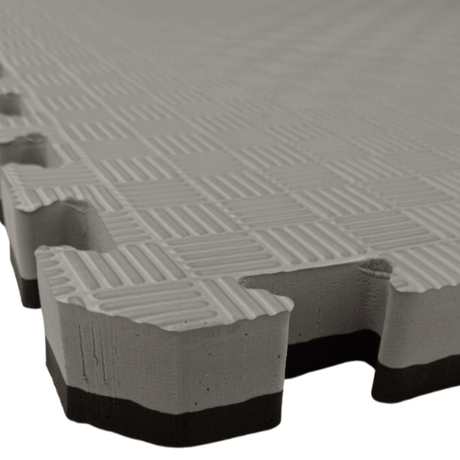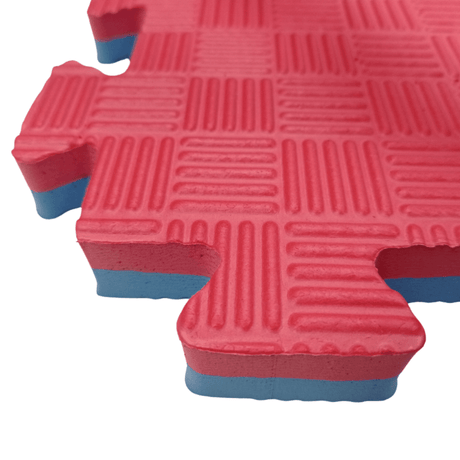Commercial gyms are busy, populated areas with lots of equipment. If specific safety measures are not put in place, this can cause accidents to occur which can result in injury to gym-users or the surrounding environment. This is also true in home gym spaces.
If you want to create a workout space that is free from potential accidents or to ensure your commercial gym facility is an injury-free zone, read on for some top tips.
Table of Contents
What are the Most Common Gym Accidents
Safety Measures You Can Take to Prevent Gym Accidents
What are the Most Common Gym Accidents

Working-out should be enjoyable and flexible. You should only be concerned about the exercise you are performing and how it makes you feel rather than be worried about possible injury or accidents. So what are the most common accidents to give us a head start.
Slips & Falls
Many accidents can take place as a result of slips and falls. This is usually because of slippy or uneven surfaces and stray equipment lying out as a trip hazard. Some people workout without using suitable mats or gym flooring increasing the risk of slips and falls.
Body Injuries
Injury to shoulder, back, knee and ankle ligaments, joints and tendons are very common in a gym environment. Mainly down to the gym-user by not adequately carrying out warm-ups or overdoing exercise in terms of frequency and intensity. Injury can also be caused by unsuitable gym equipment and support measures such as gym floor mats and trained staff not being in place.
Floor Damage
Heavy weights being dropped on a solid floor will undoubtedly result in damage. This is also the case if heavy gym equipment like treadmills, bikes, rowers and weight racks are not properly supported. This type of damage is costly to repair and will mean a further safety hazard to your gym space.
Noise Disturbance
Loud noise and vibration not only causes disturbance to other users or neighbours, it can also affect performance and concentration, resulting in accidents. For example, working out in a Garage can be noisy and you may become startled when someone suddenly enters which could end up with dropping weights or injuring yourself. Uncontrolled noise from weight dropping on hard surfaces or overused machinery can potentially cause secondary accidents because of decreased communication between users.
Safety Measures You Can Take to Prevent Gym Accidents

Keeping your gym facility or private fitness space safe and free from potential hazards will protect your body and environment letting you get the most out of your workouts. Let's consider the simple things that can be done to ensure an accident-free fitness zone.
1. Floor Protection
Weight Training, Functional Training and exercise in general needs to support the user. Gym flooring that provides shock absorption and high density will withstand heavy impact and prevent repetitive strain and fatigue. Similarly, rubber gym flooring will protect your subfloor from repeated weight drops that could damage the surface. Proper gym tiles have a non-slip surface against trips and falls and are easy to keep clean.
Customer Insight:
"my legs were always sore after a workout which I thought was down to getting old! Since getting our garage gym installed with rubber flooring my post-workout pains are gone. Has made a big difference to my evening workouts."
2. Sound Reducing Surfaces and Insulation
In areas with noisy equipment or high impact activity that involves weights, it is advisable to insulate your walls and floors with a suitable sound-reducing material. Soundproof gym flooring is excellent for dulling sound and minimising noise. This allows users of gym machinery to focus on performance and utilise equipment safely.
3. Trained Staff
Commercial gyms should have enough trained members of staff available to assist users with gym equipment and advise on proper warm-ups, correct form and weight usage. Gym staff should also be trained in the correct health and safety protocols to maintain a safe environment.

Gym users should know how to properly operate gym machinery and have enough information when they need it. Gym inductions, training and information sources should be readily available to avoid users making mistakes and injuring themselves.
5. Adequate Equipment Storage
Conclusion
Whether you have a private home gym or a commercial facility, putting a few simple measures in place can minimise the risk of injury to users or damage to your property. Look at investing in protective equipment, suitable storage and training staff and users on how to train safely in the gym.
For the best protective gym floor solutions, browse our popular Free Weights Flooring and future-proof your gym space.






